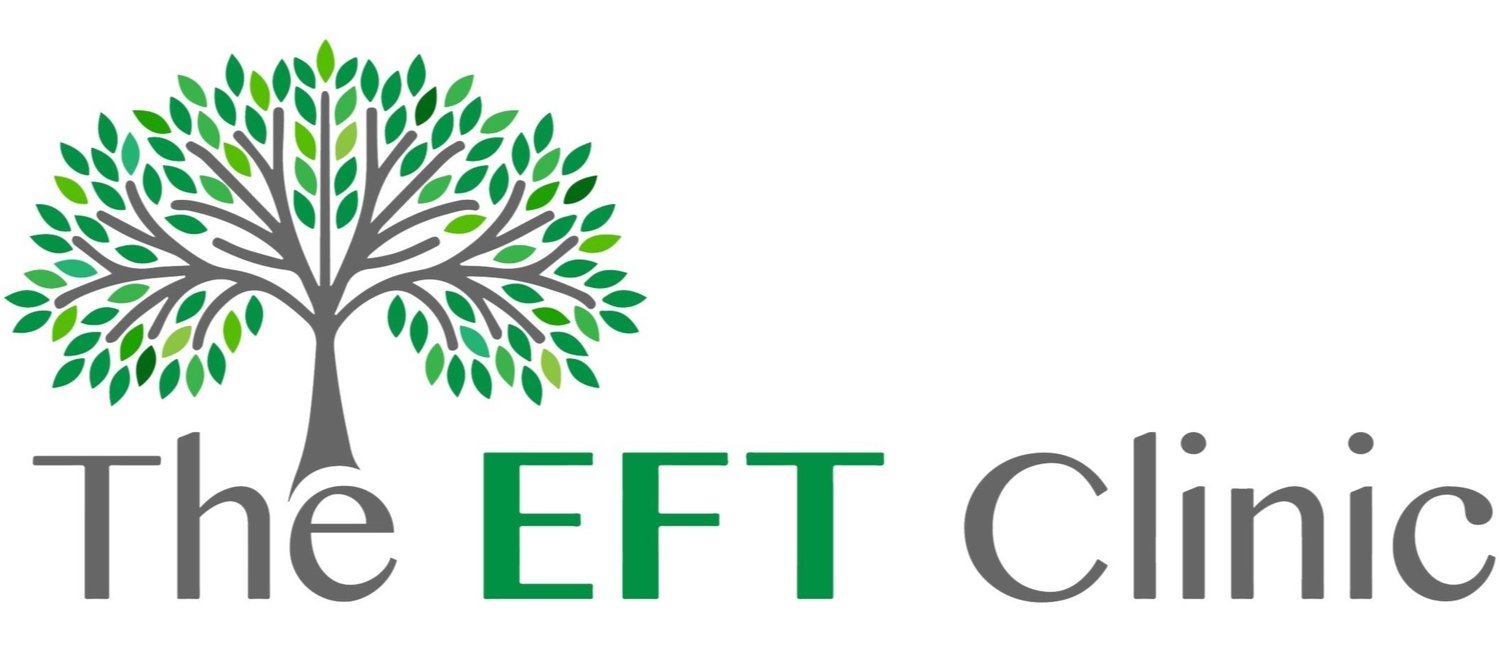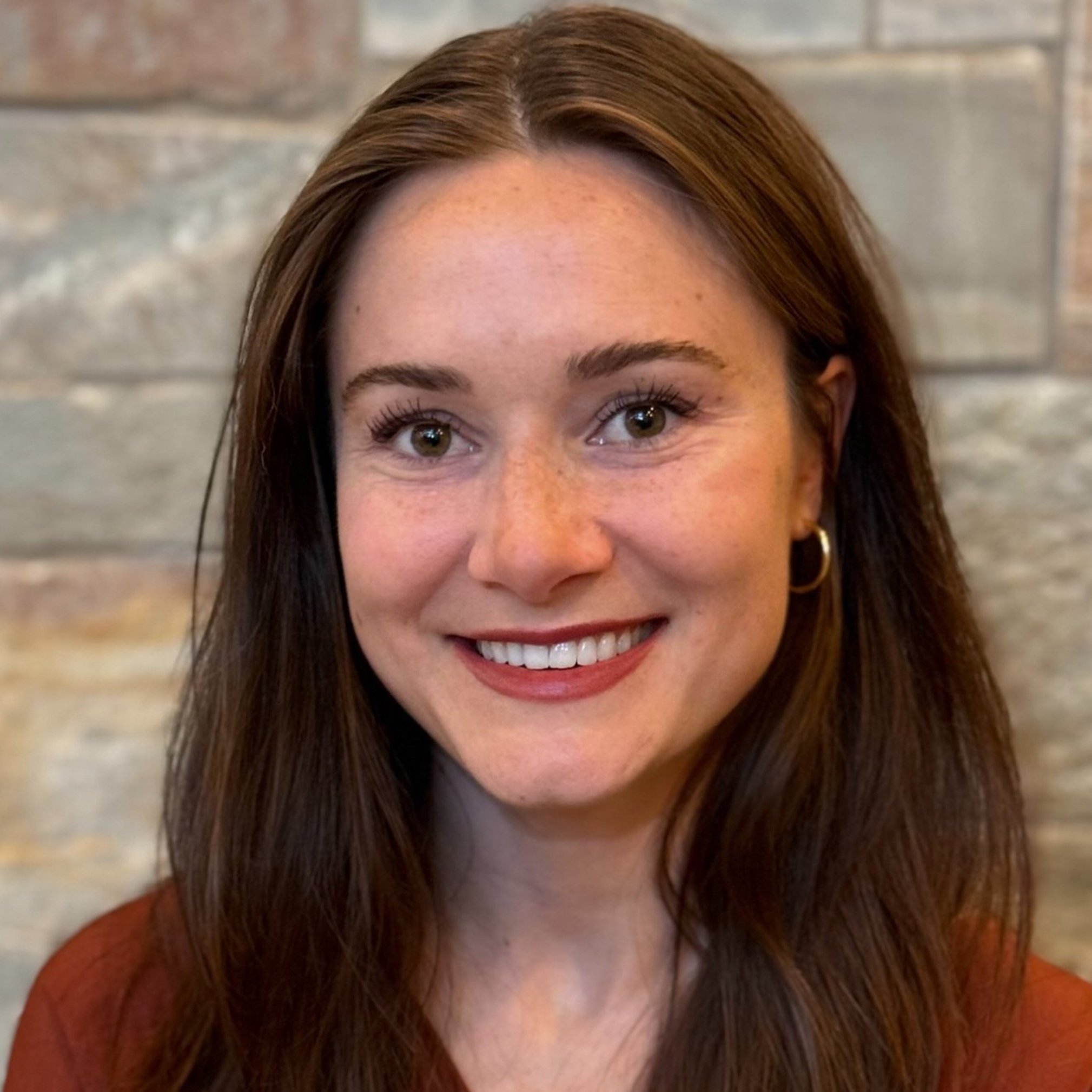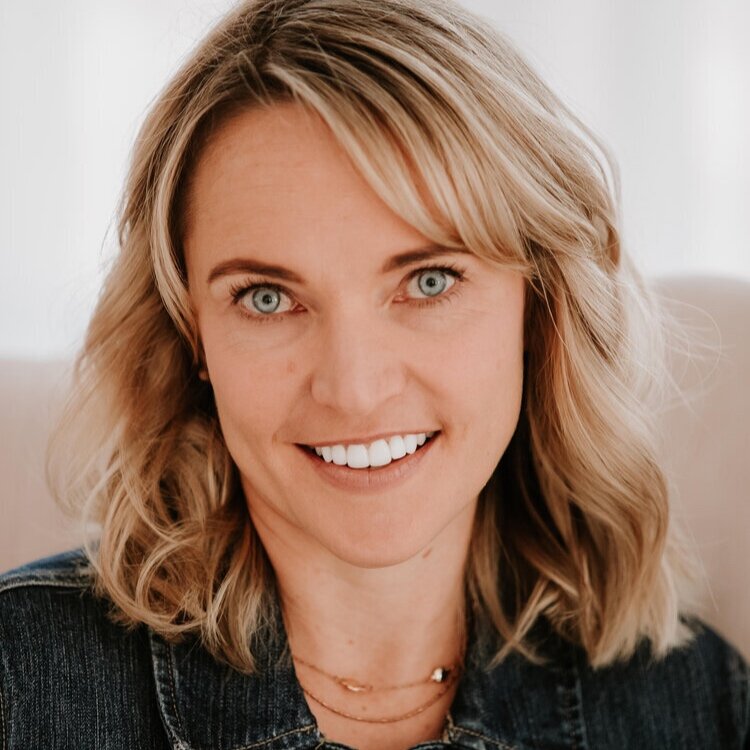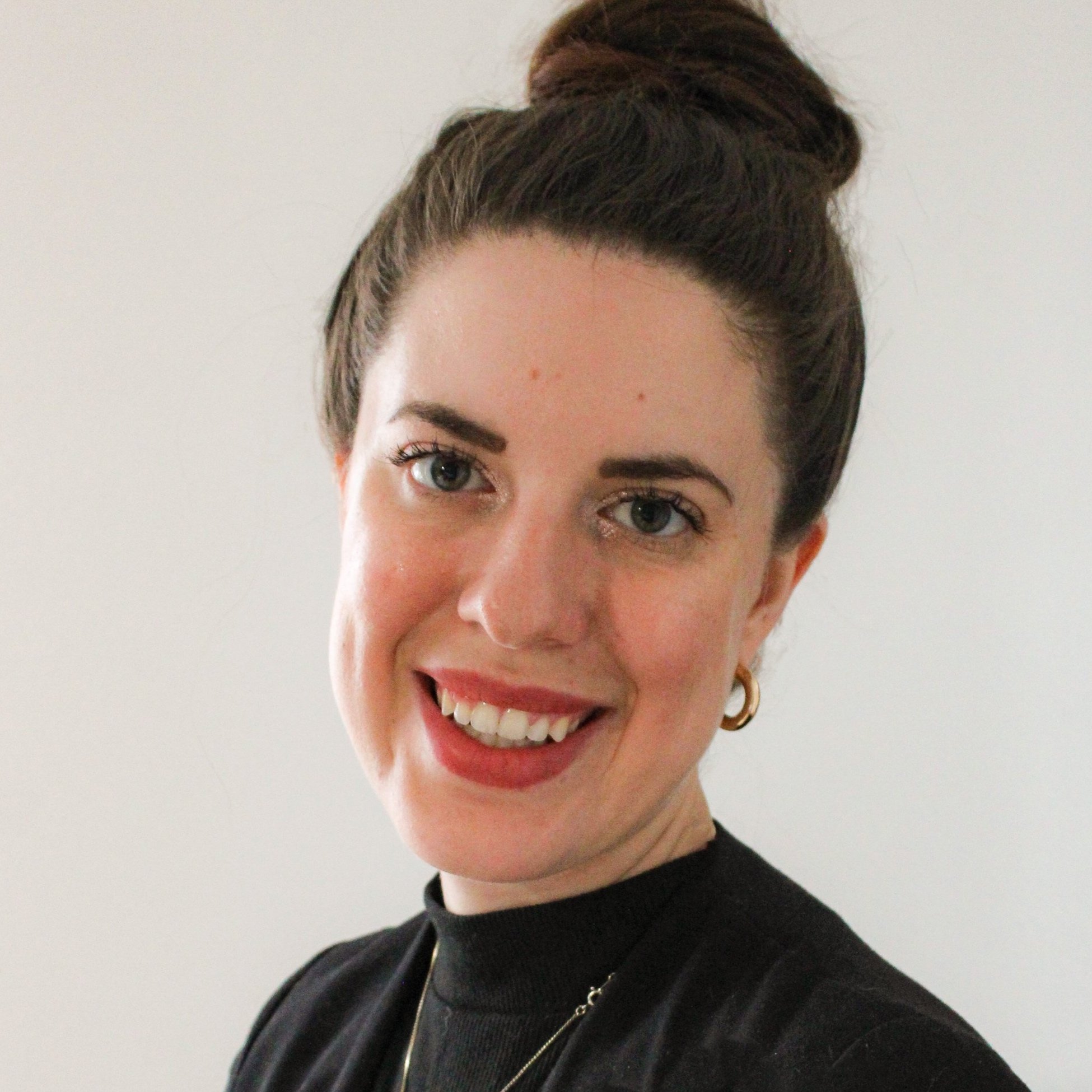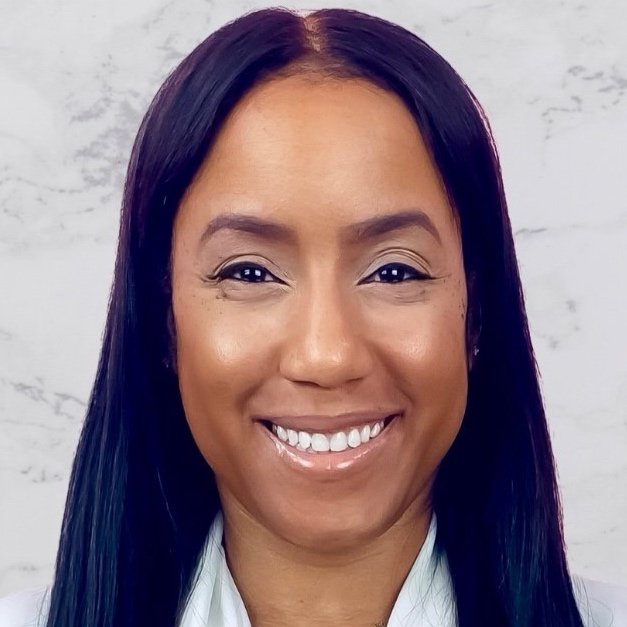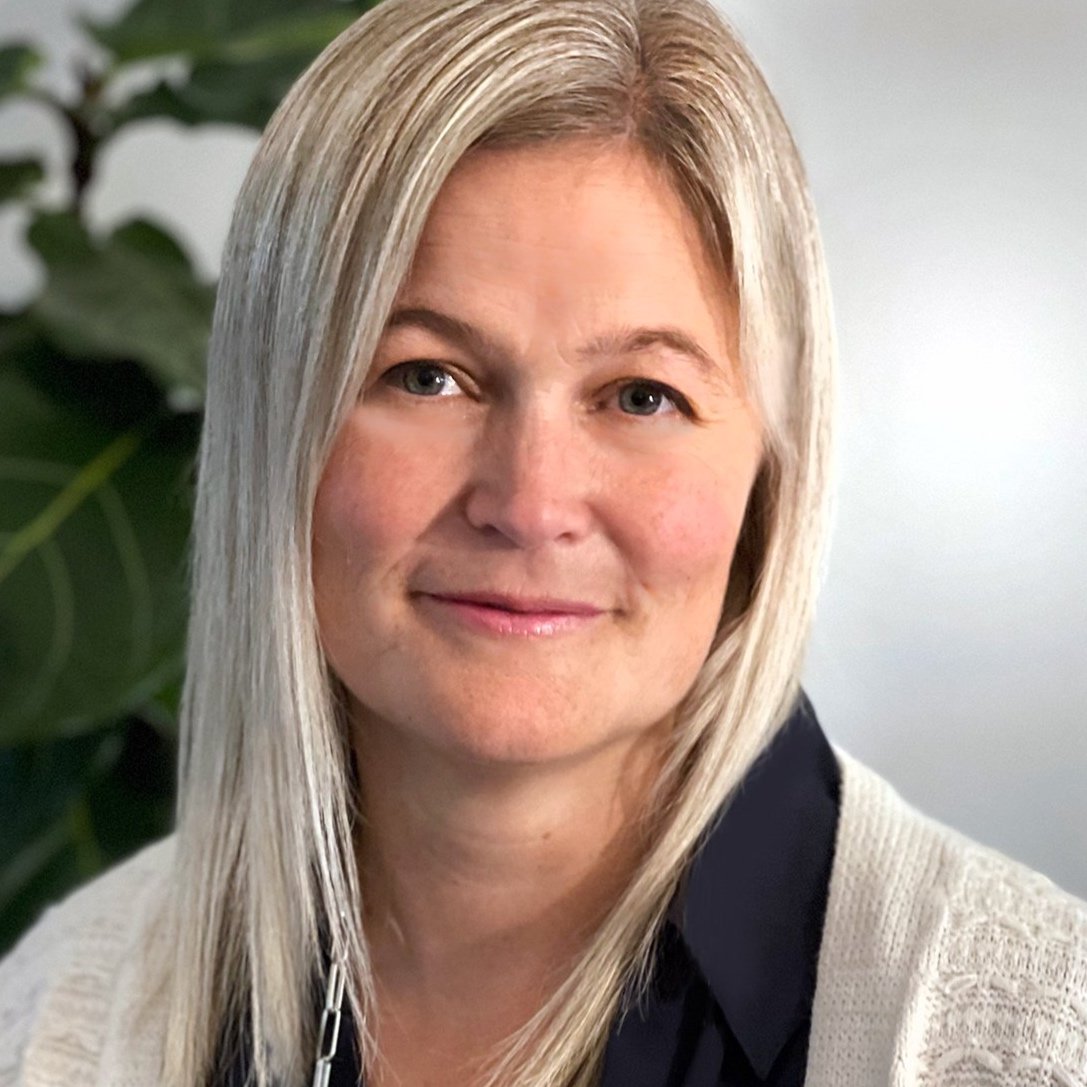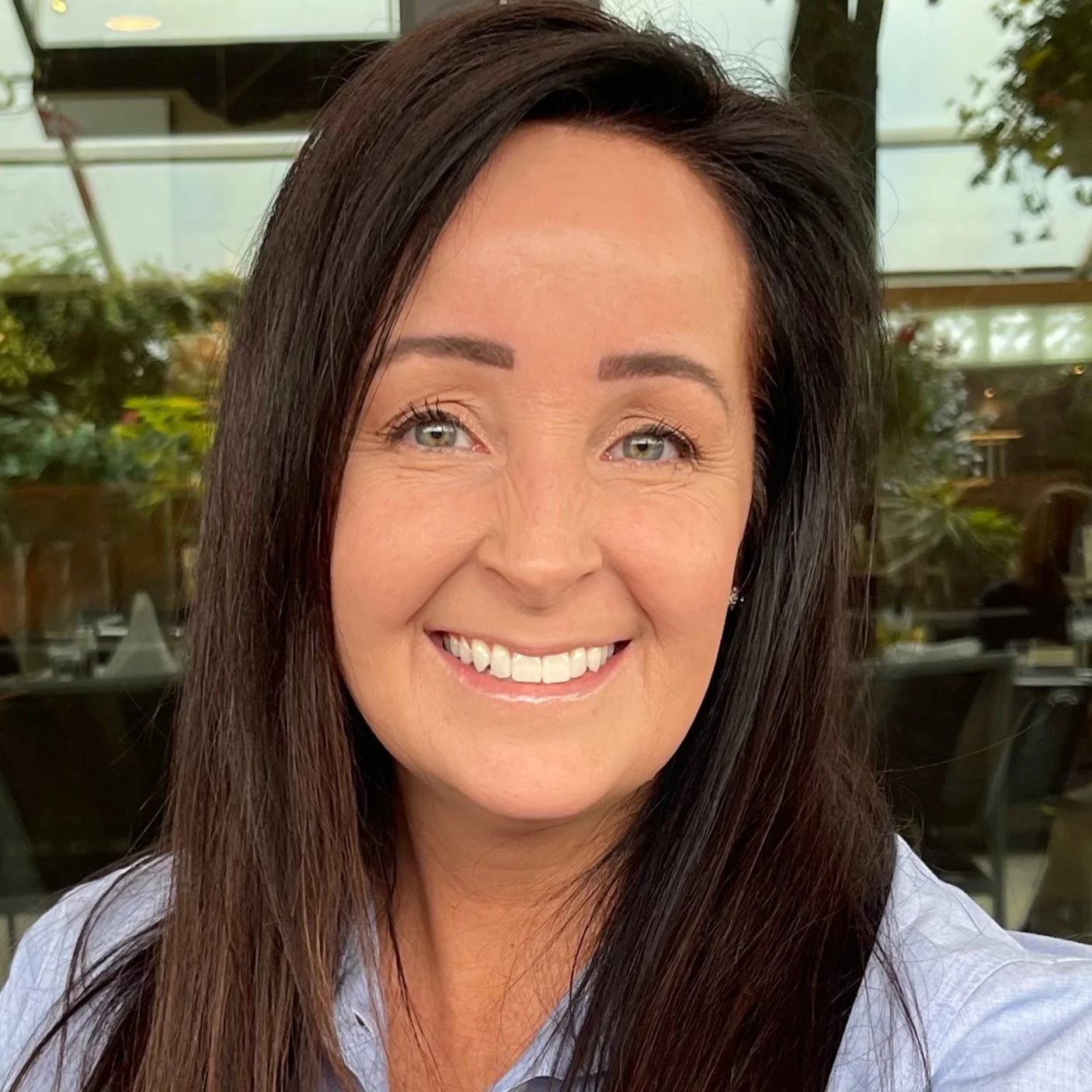Anxiety, Depression, and/or Obsessive Compulsive Disorder (OCD)
Anxiety and Depression
Most people will experience some level of anxiety and depression at least once in their lifetime; these feelings accompany the ebb and flow of living a full life. However, anxiety and mood disorders—like depression—can become severe mental illnesses that prevent individuals from living a normal, healthy life. There are multiple types of anxiety disorders: generalized anxiety, social anxiety, panic disorders, and phobias. Mood disorders include depressive disorders, bipolar disorders, and Seasonal Affective Disorder (SAD).
The way we process and inhibit our emotions can contribute to feelings of anxiety and depression. This can affect how we feel, think, and behave. What mental health professionals have observed is that each person who experiences anxiety or depression tend to have negative thought cycles or patterns of thinking that perpetuate the anxiety and depression. At The EFT Clinic, we help you learn to recognize and break these patterns that lead to anxiety and depression. Through various methods of therapy we will teach you coping skills and other tools to effectively deal with anxiety and mood disorders, and will refer you to a medical professional if we believe that medication could potentially help with your therapy treatment.
As social media use increases, we have also seen an increase in teen anxiety and depression. According to Nalin (2018), social media use for teens increases the pressure to fit in. It also opens the door for another form of bullying. Social media use also decreases social and coping skills that teens could use to overcome struggles. We would love to help your teen learn to break social media patterns that contribute to anxiety and depression. We will help your teen get to the core of the issue while also learning how to cope, communicate, and find out who they are.
Obsessive Compulsive Disorder
Obsessive/Compulsive Disorder (OCD) is most easily understood as a condition in which an individual experiences recurrent or repetitive thoughts and urgencies to act on those thoughts. Obsessions are ideas, mental images, or impulses that are intrusive, unwanted, and/or inappropriate. Compulsions are repetitive behaviors that the individual feels compelled to do in an effort to avoid or decrease the anxiety created by the obsessive thoughts.
Individuals challenged by OCD are often very distressed precisely because they recognize their unwanted thoughts are excessive, irrational and/or inappropriate. The compulsions emerge in different forms including repetitive observable behaviors such as hand washing, praying, or counting rituals, repeated requests for reassurance, and/or behaviors that are driven by phobias. These individuals suffer from debilitating shame and embarrassment, which causes them to go to extreme measures to hide the symptoms. This can cause them to isolate from social experiences, and can even interfere with work, family obligations, academic performance, and interpersonal relationships. The OCD thoughts and behaviors can consume many hours of a person’s day. As a result, the individual suffers from emotional distress, resulting in chronic depression.
Recent research suggests that OCD affects roughly 2 to 3% of the population, which means over six million Americans will experience OCD in their lifetimes. OCD is highly treatable, and with consistent sessions with a trained therapist, the individual can emerge from the devastating effects of OCD and live a very high functioning life. Our therapists are available to help coach clients through breaking the cycle of Obsessive Compulsive Disorder by tracking thought patterns, uncovering hidden fears and other emotional trauma, and validating suppressed feelings. We are here to help you break free from these destructive cycles and live a full life without fear.
